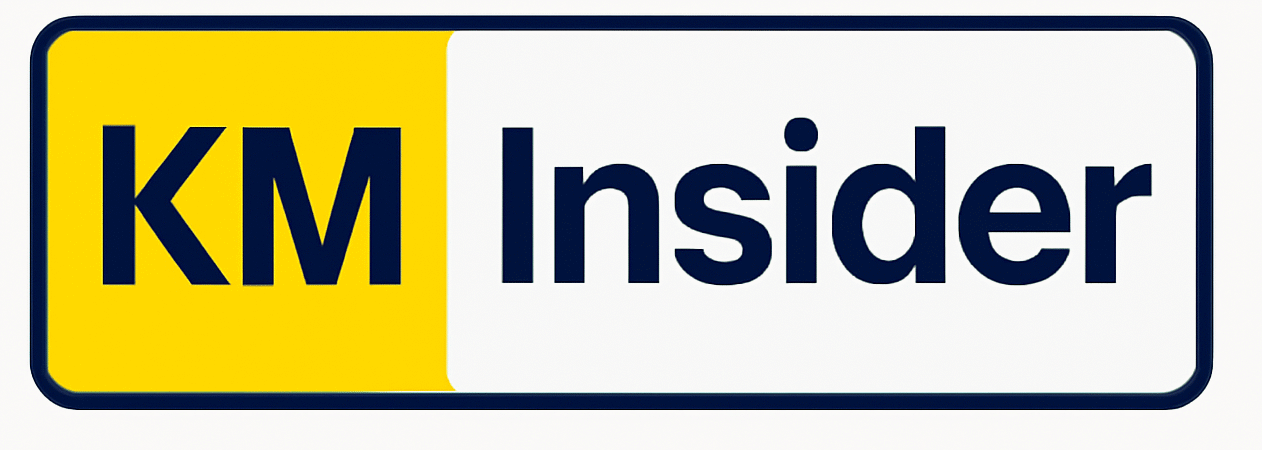For small businesses, growth isn’t just about acquiring more customers—it’s about retaining knowledge, streamlining operations, and empowering teams to move fast without losing context. That’s where the right knowledge management software (KMS) becomes a game changer.
But here’s the truth: most KM tools are built for large enterprises. They’re bulky, over-engineered, and expensive. As a small business, you don’t need a thousand features—you need the right ones that help your team get things done.
In this guide, we break down what small businesses should look for in a KM platform, which tools offer the best value, and how to avoid common traps that waste time and money.

Knowledge Management Software for Small Businesses: What You Really Need
Why Knowledge Management Matters for Small Teams
Even with just 5–50 employees, knowledge can get lost quickly:
- Key processes live in people’s heads
- Onboarding relies on verbal instructions
- Customer queries are answered inconsistently
- Product updates don’t reach everyone
And when someone leaves? That knowledge walks out the door.
A lightweight, scalable KM system solves this by:
- Capturing SOPs, how-tos, and policies in one place
- Enabling faster onboarding
- Reducing dependency on specific team members
- Creating consistency across customer and employee experiences
What Small Businesses Actually Need in KM Software
Forget enterprise bloat. Small teams need simplicity, speed, and flexibility.
Easy Content Creation
- WYSIWYG or markdown editors
- Templates for SOPs, guides, and checklists
- Ability to embed videos, screenshots, links
- Smart Search
- Typo-tolerance and real-time suggestions
- Quick filters (by category, author, tag)
- Fast performance on mobile and desktop
Simple Permissions
- Public/private doc settings
- Role-based access if needed, but not over-complicated
Lightweight Onboarding
- No IT support needed to launch
- Users can learn the tool in under 30 minutes
Affordable Pricing
- Freemium or affordable tiers for under 10 users
- Clear upgrade paths as you grow
Best Knowledge Management Tools for Small Businesses
Here’s a look at five KM tools that actually work for small business needs in 2025.
1. Notion – Best All-in-One Workspace
Use Case: Internal wiki, SOPs, project docs
Notion is loved by startups and solopreneurs alike for good reason. It’s flexible, beautiful, and dead simple to use.
- Drag-and-drop editor
- Templates for SOPs, wikis, onboarding
- Supports embeds (Loom, Google Docs, databases)
- Easy collaboration and permissioning
Best For: Teams under 50 looking for an all-in-one doc solution
2. Whale – Best for SOP Delivery and Training
Use Case: SOP management, employee onboarding
Whale is purpose-built for small and midsize businesses that need structured knowledge delivery. Think of it as your SOP autopilot.
- AI-powered SOP builder
- Assign SOPs to teams or roles
- Chrome extension for in-workflow guidance
- Track who’s viewed and completed training
Best For: Operational teams scaling remote onboarding
3. Capsule – Best CRM with Built-In KM
Use Case: Sales & customer knowledge management
Capsule combines simple CRM with lightweight knowledge sharing, perfect for sales teams or agencies.
- Store SOPs, call scripts, service workflows
- Link knowledge to contacts or deals
- Minimal training needed
Best For: Agencies and small teams that want CRM + KM in one
4. Slite – Best for Async Knowledge Sharing
Use Case: Remote teams, async documentation
Slite focuses on clean, async collaboration. Its simplicity and structured docs make it ideal for lean teams.
- Ready-made templates for onboarding, policies, updates
- Fast search and tagging
- Mobile-friendly for field or hybrid teams
Best For: Remote-first small businesses
5. Explo – Best for Embedding Interactive Dashboards
Use Case: Sharing internal data and metrics
Explo is a niche tool, but a powerful one. It lets small teams embed dashboards inside KM content—perfect if you work with data.
- Embed live dashboards in knowledge articles
- No engineering help needed
- Syncs with common databases
Best For: Product teams or agencies that share data as knowledge
How to Roll Out KM Without Wasting Time
You don’t need a big launch. Follow this lean approach:
- Pick one tool and stick with it for 30 days
- Create core pages:
- Company wiki or handbook
- SOPs for daily operations
- Onboarding guide for new hires
- Invite your team and assign ownership (each person owns a section)
- Link your KM in Slack, email, and task systems
- Revisit after 30 days and expand slowly
Pro tip: Start by documenting the questions your team asks most. Build from there.
Common Mistakes Small Teams Make
- Using Google Docs as a KM system (great for docs, poor for knowledge retrieval)
- Buying enterprise tools that require dedicated admins
- Not assigning ownership (leading to outdated pages)
- Trying to document everything at once
The best approach? Start lean. Document the most critical processes first. Let the system grow naturally.
Final Thoughts
You don’t need a complex knowledge management solution—you need one that fits your team, workflow, and budget.
Whether you’re onboarding your fifth hire or scaling client delivery, the right KM software will reduce confusion, save time, and create a system that grows with your business.
Focus on tools that:
- Are easy to use
- Scale without friction
- Help your team find what they need fast
👉 Ready to explore your options? Check our guide: 10 Best Knowledge Management Software Platforms for 2025
Subscribe to receive notifications for free webinars on Knowledge Management.
